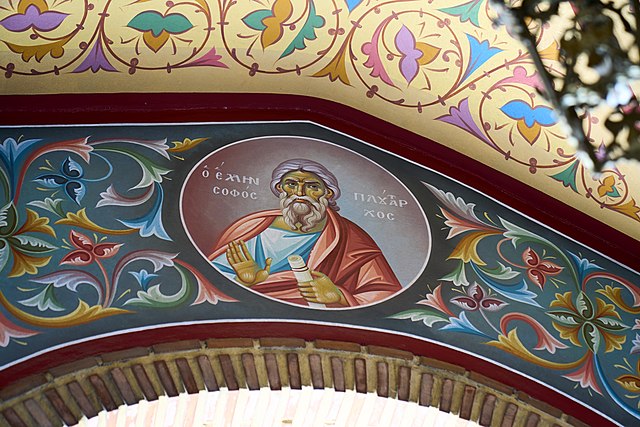I don’t suppose many academics pay much attention to their university mottos: odd, often-Latin hangovers from an elitist past, quietly being dropped in many cases; or bland nothings written for a marketing committee. We’re focused on other things.
But I have been thinking about the nature of knowledge and learning recently, prompted by a very welcome return to the classroom, and setting up a Lego-skills experiment, and it reminded me of something I noticed years ago:
… which is that I rather like the old motto of the university where I did my PhD: Naturam primum conoscere rerum. First, to know the nature of things. It is – or at least, it was – the motto of the Australian National University and comes from De Rerum Natura by Lucretius, in which he sets out an Epicurean, materialist view of the universe.
It is very similar to the motto of both the LSE and (allegedly, although they seem to have dropped it) Guelph: Rerum conoscere causas, to know the cause of things (from Virgil, who drew on Lucretius). I like the ANU motto better because – and this is just my personal interpretation – it exhorts us to start by spending time with something, to understand it, before rushing on to try to understand what caused it.
Too much present-day social science is obsessed with establishing causal relationships between phenomena that are poorly understood, particularly when two things, like a citizens’ advisory body, are labelled the same but whose design, roles and functions are different in their different contexts – André Bächtiger and I talk about this in the introduction to our 2019 book. This is because social phenomena have significance through what they mean, to a particular set of people in a particular time and place, and not simply because of the form they take.
One of my favourite examples of this comes from my Democracy and Public Space book. Now and then, one comes across assertions that changing the layout of parliamentary chambers changes the behaviour of parliamentarians: a common recommendation is that semi-circular chambers are better than rows of benches facing off against each other, because the latter provokes antagonism…
… except every example of a parliamentary punch-up I could find over a 30 year period happened in a semi-circular chamber, not in a supposedly-adversarial one. The reason is to do with political-cultural norms that are enacted in the chamber, not some simplistic “arrangement of the deckchairs” reason. Of course, that’s just bad comparison, but scholars who rush to causal relationships without first stopping to think about what it is they are dealing with make the same kind of mistake all the time. There’s a provocative discussion of all this in The Art and Craft of Comparison by John Boswell, Jack Corbett and Rod Rhodes.
All this is germane to the nature of learning. I’m with Plutarch, the anti-Epicurean, on this one (if not much else). Here’s the relevant quote via the most excellent QuoteInvestigator.com, debunking the common attribution to W.B. Yeats:
For the correct analogy for the mind is not a vessel that needs filling, but wood that needs igniting — no more — and then it motivates one towards originality and instills the desire for truth. Suppose someone were to go and ask his neighbours for fire and find a substantial blaze there, and just stay there continually warming himself: that is no different from someone who goes to someone else to get some of his rationality, and fails to realize that he ought to ignite his innate flame, his own intellect…
https://quoteinvestigator.com/2013/03/28/mind-fire/
We – schools, universities – spend far too much time trying to cram bits of knowledge into people instead of finding what sparks their own ‘desire for truth’. Note that it’s their desire for truth: an emotion, a passion, not simply an intellectual posture (and I’m not going to go down the rabbit hole of the emotion/reason distinction – read Anthony Laden). Part of the point of my Lego experiments has been to spark that creative knowledge-seeking, giving students things to think with, to paraphrase Sherry Turkle.
My hunch is that there is a connection between, on the one hand, thinking that knowledge is only about gathering up facts, labelling them, sorting them into dependent and independent variables then comparing them with statistical models, and, on the other hand, teaching people by trying to cram their minds with stuff. Hmmm, maybe someone should do a comparative analysis!
My own kids have suffered enormously from the vessel approach; I’m now home schooling one of them to try to undo some of the damage.
Anyway, all that was provoked by noticing the similarity and difference between two university mottos. And now universities are quietly burying those mottos and replacing them with vapid straplines cut and pasted from Mr Beige’s Guide to Writing Bland Shit.
Maybe Latin mottos have had their day. But I still rather like my old one: Naturam primum conoscere rerum.

Leave a comment